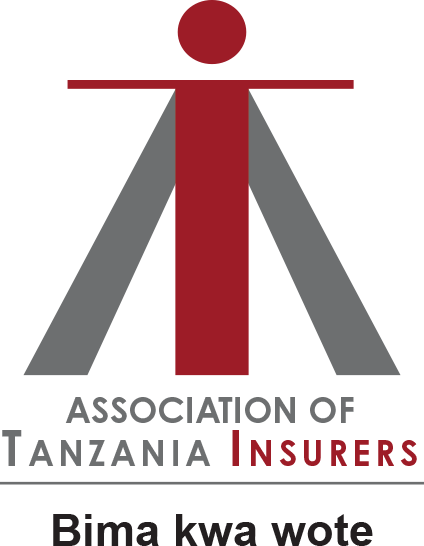Tanzanian Govt calls on insurance industry to back financial sector masterplan
By admin
The Tanzanian government is urging the insurance industry to work together to support the country’s Financial Sector Development Master Plan 2020-2030.
The master plan sets ambitious goals for the insurance sector, including:
50 percent coverage of the adult population within a decade;
life insurance penetration to be 3 percent and non-life, 2 percent
10 percent of beneficiaries of retirement plans to use annuity products by 2030;
90 percent of the population have health insurance by 2030;
20 percent of the adult population have life savings products;
80 percent of the population are aware of insurance matters by 2025;
10 percent of total insurance premium to contributed by agriculture insurance by 2030;
10 new demand-driven insurance products developed by 2030;
8 affordable insurance distribution channels to be developed by 2030.
Speaking at the official opening of the annual conference of the Tanzania Insurance Brokers Association (TIBA) in Dar es Salaam last week, Permanent Secretary in the Ministry of Finance and Planning Emmanuel Tutuba said the government alone cannot achieve the goal of expanding insurance coverage to all. Support is needed from the private sector.
He said that insurance is key to the country’s financial inclusion agenda and the bulk of growth of the financial sector in the next decade is expected to be generated by the insurance industry.
Mr Tutuba said, “This transformation can only happen if the insurance industry pivots itself on innovation and synergy. The first part is digitalisation. The second part is for the players, re/insurers, insurance brokers/agents, bank assurers and all the players across the insurance value chain to work in synergy so as to achieve the economies of scale.”
Insurance industry’s capacity to be expanded
He also said that the government would seek to enhance the industry’s underwriting capacity with the view to improving the insurance sector’s contribution to the national economy. Special thrust will be on enhancing capital requirements and human skills development as well as establishment of pools for specialised and large risks, for example, oil and gas as well as aviation.

